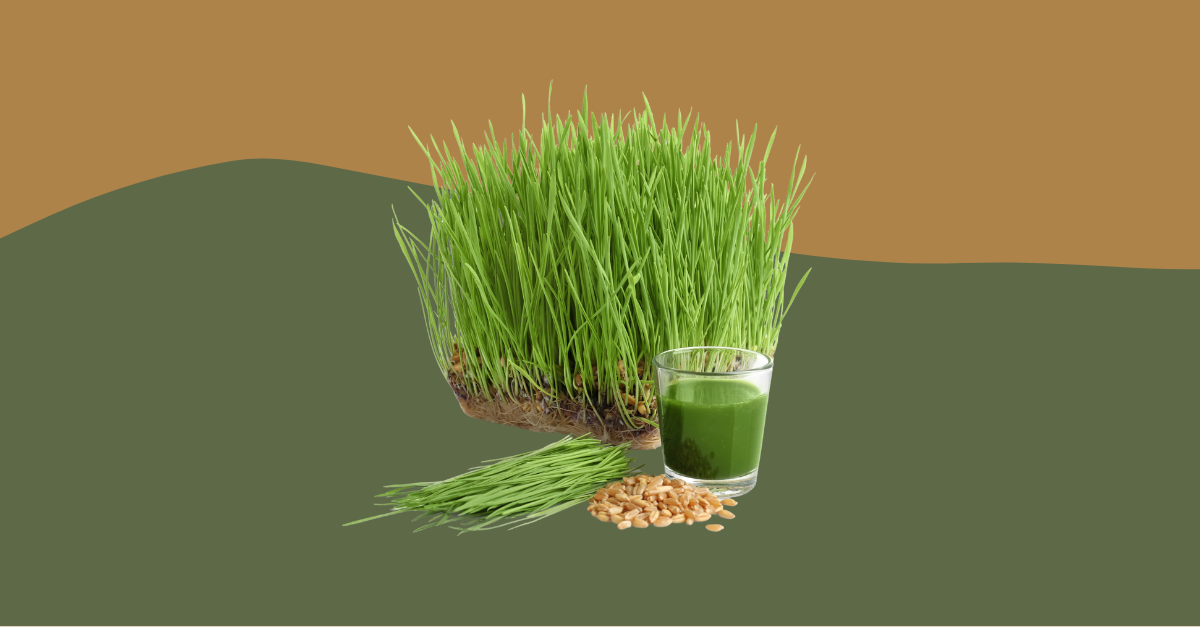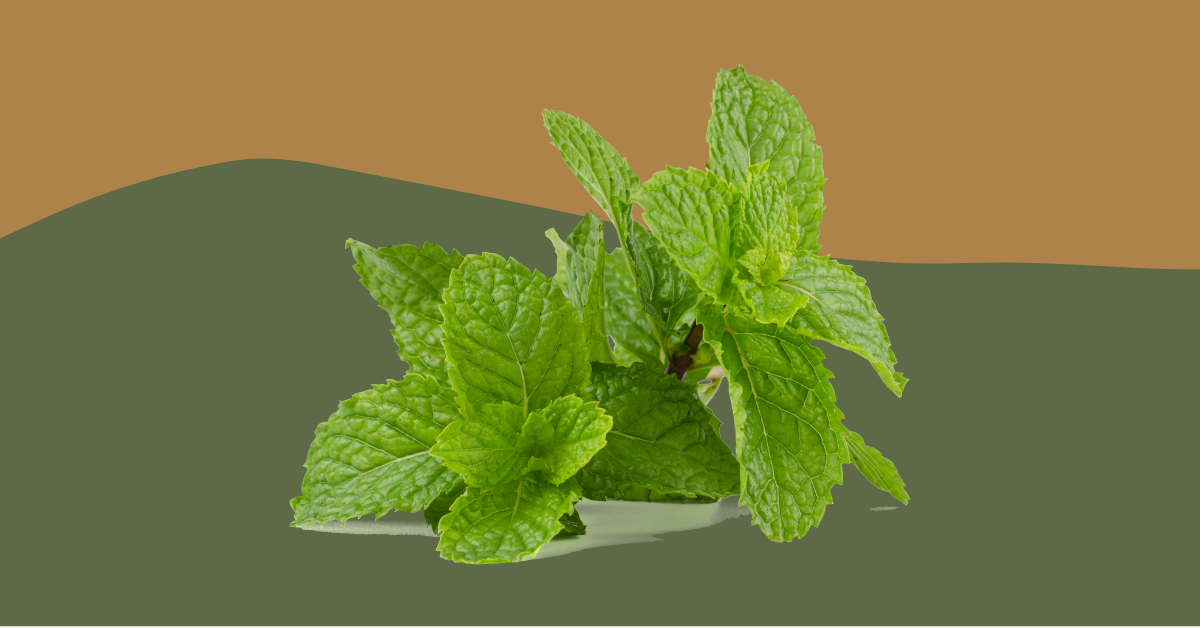Yes, bearded dragons can safely eat wheatgrass in moderation. A small portion, about 1-2 teaspoons, should suffice for an adult bearded dragon.
Table of contents
To ensure a healthy and happy pet, it is essential to provide them with a balanced diet, which may include wheatgrass. This article will provide the do’s and don’ts, a step-by-step preparation guide, and answers to frequently asked questions about feeding wheatgrass to your bearded dragon.
Related Article: Bearded Dragon Care: Expert Tips and Insights
Do’s
- Feed in moderation: Offer wheatgrass as an occasional treat, not a staple in their diet. Too much can lead to digestive issues.
- Wash thoroughly: Clean the wheatgrass before feeding to remove any dirt, pesticides, or other contaminants.
- Chop it up: Cut the wheatgrass into small pieces to make it easier for your bearded dragon to eat and digest.
Don’ts
- Avoid excessive amounts: Overfeeding wheatgrass may result in nutrient imbalances and digestive problems.
- Don’t substitute for a balanced diet: Wheatgrass should be a supplement, not a replacement for a varied and balanced diet, including insects, vegetables, and fruits.
Best Practices for Feeding Wheatgrass to Bearded Dragons
Following best practices when feeding your bearded dragon will ensure their safety and overall health. Here are some best practices to keep in mind:
- Observe your bearded dragon’s response: Pay close attention to how your bearded dragon reacts to wheatgrass. If they enjoy it and show no adverse reactions, you can continue to include it as part of their diet. If they experience any digestive issues or show disinterest, consider offering other greens instead.
- Combine wheatgrass with other greens: To provide a balanced and varied diet, mix wheatgrass with other nutrient-dense greens such as collard greens, dandelion greens, mustard greens, and turnip greens. This will ensure that your bearded dragon receives a wide range of essential nutrients.
- Balance with protein sources: Bearded dragons require a mix of protein and plant-based foods in their diet. Ensure that you are also providing your bearded dragon with a suitable amount of high-quality protein sources like insects (e.g., crickets, mealworms, and dubia roaches).
- Adjust portion sizes based on age and size: Younger and smaller bearded dragons may require less wheatgrass than adult dragons. Adjust the portion size accordingly to meet your bearded dragon’s specific needs. A general rule of thumb is to offer 1-2 teaspoons of chopped wheatgrass for an adult bearded dragon.
- Consult with a reptile veterinarian: If you are unsure about your bearded dragon’s dietary needs or have concerns about their health, it is always a good idea to consult with a reptile veterinarian. They can provide expert advice tailored to your bearded dragon’s specific requirements.
- Offer wheatgrass as part of a salad: Bearded dragons enjoy a mix of vegetables and greens in their diet. You can prepare a salad containing wheatgrass and other suitable vegetables like bell peppers, squash, and zucchini. This will not only provide a variety of nutrients but also encourage your bearded dragon to eat a balanced meal.
- Monitor weight and overall health: Regularly weigh your bearded dragon and observe their overall health to ensure that they are receiving the proper nutrition. Adjust their diet, including wheatgrass consumption, as needed to maintain a healthy weight and prevent any nutritional deficiencies.
Related Article: Bearded Dragon Feeding Guide: Nutrition Tips
Step-by-Step Guide to Preparing Wheatgrass for Your Bearded Dragon
Step 1
Purchase fresh wheatgrass: Opt for organic, pesticide-free wheatgrass.
Step 2
Wash the wheatgrass: Rinse it thoroughly under running water to remove any contaminants.
Step 3
Chop the wheatgrass: Cut it into small, manageable pieces for your bearded dragon.
Step 4
Serve the wheatgrass: Add it to your bearded dragon’s salad or offer it as a treat.
Step 5
Store leftover wheatgrass: Keep any unused wheatgrass in a sealed container in the refrigerator for up to a week.
Need Recommendations?
Here’s Our Top Amazon Picks
You may also like 📖
Frequently Asked Questions
Can overfeeding wheatgrass cause any health issues for my bearded dragon?
Yes, overfeeding wheatgrass can lead to health issues such as nutrient imbalances, digestive problems, and in extreme cases, kidney issues. It is essential to feed wheatgrass in moderation and maintain a balanced diet for your bearded dragon.
How does wheatgrass compare to other greens in terms of nutrition for my bearded dragon?
Wheatgrass is a good source of vitamins, minerals, and antioxidants, but it should not replace other nutrient-dense greens like collard greens, dandelion greens, and mustard greens. Each type of green offers unique nutrients, so providing a variety is essential for a well-rounded diet.
Is there any risk of impaction or choking when feeding wheatgrass to bearded dragons?
There is a low risk of impaction or choking when feeding wheatgrass, as long as it is chopped into small, manageable pieces, especially for younger bearded dragons. However, always monitor your pet while eating to ensure they are not experiencing any difficulties.
Can wheatgrass help improve my bearded dragon’s digestion?
Wheatgrass contains fiber, which can aid digestion and help maintain healthy gut function in bearded dragons. However, it is crucial not to rely solely on wheatgrass for your bearded dragon’s digestive health. A varied diet containing appropriate amounts of fiber is essential for optimal digestion.
How can I tell if my bearded dragon enjoys eating wheatgrass?
Bearded dragons have individual preferences, just like humans. Observe your bearded dragon while eating wheatgrass to gauge their interest. If they eat it eagerly, they likely enjoy it. However, if they consistently avoid eating it, it may not be their favorite food.
Can wheatgrass help boost my bearded dragon’s immune system?
Wheatgrass contains various vitamins, minerals, and antioxidants that can contribute to your bearded dragon’s overall health and potentially support a healthy immune system. However, it is essential to remember that wheatgrass is only one part of a balanced diet and should not be solely relied upon for immune support.
How can I incorporate wheatgrass into my bearded dragon’s diet without overfeeding?
To avoid overfeeding wheatgrass, you can mix it with other leafy greens and vegetables, creating a diverse and nutritious salad. Offer this mixture 1-2 times a week, depending on your bearded dragon’s age and dietary requirements.
Conclusion and final thoughts 💭
Feeding wheatgrass to your bearded dragon can be a nutritious and enjoyable treat when offered in moderation and as part of a balanced diet. By following the guidelines, best practices, and preparation steps provided in this article, you can ensure that your bearded dragon benefits from the valuable nutrients found in wheatgrass.
Always remember to prioritize variety in your bearded dragon’s diet to promote optimal health and well-being. By closely monitoring your pet’s response to wheatgrass and other foods, you can make informed decisions regarding their dietary needs and preferences, ultimately contributing to a happy, healthy bearded dragon.
Looking for more? Here’s our roadmap:
General Bearded Dragon Pet Owners Guide
Bearded dragons are native to the arid regions of Australia and are known for their unique beard-like appearance. As pets, they have become increasingly popular due to their friendly and inquisitive nature, making them an ideal choice for reptile enthusiasts. Bearded dragons are diurnal, meaning they are active during the day, and their average lifespan ranges from 8 to 12 years, with proper care. When considering adopting a bearded dragon, it’s essential to be prepared for a long-term commitment and be well-informed about their care requirements.
One of the most crucial aspects of bearded dragon care is providing an appropriate enclosure. Adult bearded dragons thrive best in a 20 to 50-gallon tank, but a larger enclosure is always better. It’s important to always keep the tank clean. The tank should have a basking area with a temperature range of 95-110 degrees Fahrenheit, as well as a cooler area with a temperature between 75-85 degrees Fahrenheit. In addition, bearded dragons need access to UVB lighting to help them synthesize vitamin D3 and properly metabolize calcium, which is vital for their bone health.
A balanced diet is essential for a healthy bearded dragon. Their dietary requirements change throughout their life stages; juvenile bearded dragons need a higher protein intake, with insects making up around 80% of their diet and the remaining 20% consisting of vegetables and fruits. As they grow into adults, their diet should consist of approximately 20% insects and 80% vegetables and fruits. It’s important to offer a variety of food items to ensure they receive all the necessary nutrients, and to dust their food with calcium and multivitamin supplements as recommended by a reptile specialist or veterinarian.
Regular interaction and observation of your bearded dragon are vital for maintaining their well-being. Handling your pet gently and frequently can help build trust and strengthen your bond. Monitor your bearded dragon’s behavior, appetite, and overall health to detect any potential issues early on. If you notice any signs of illness, such as lethargy, loss of appetite, or irregular bowel movements, consult a reptile specialist or veterinarian for guidance. Proper care, feeding, and attention will ensure your bearded dragon remains a happy and healthy companion for years to come.







Leave a Reply